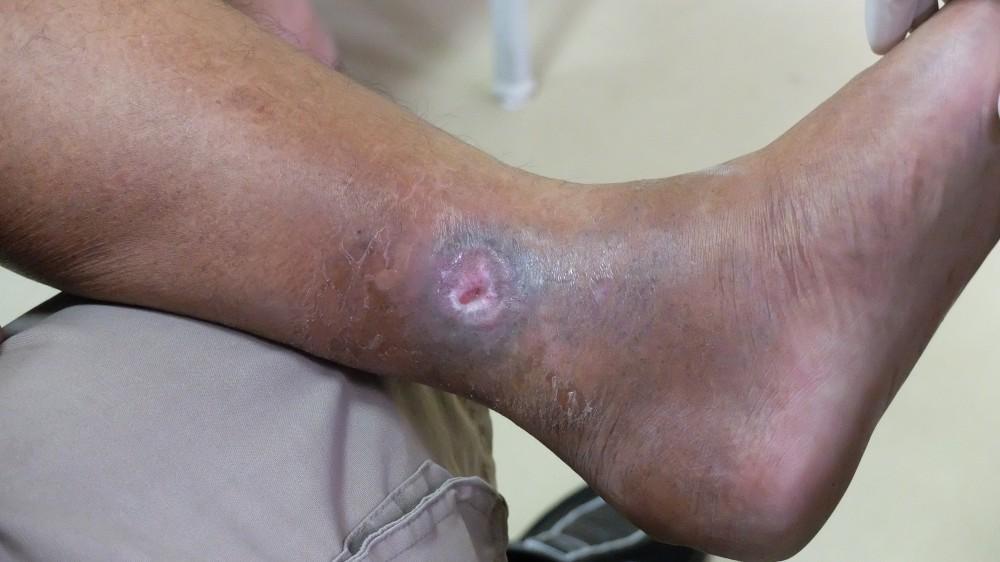
How Diabetes Can Take a Toll on Your Feet

Diabetes, whether type 1 or type 2, affects many parts of your life. But did you know that living with this chronic condition can also negatively affect your feet?
At The Foot Care Group, experienced podiatrist Dr. Steve Sharlin provides top-quality diabetic foot care to new and existing patients from locations in Libertyville, Hinsdale, and Chicago, Illinois. If you’re living with diabetes, Dr. Sharlin can help you understand more about your podiatry needs, and give you the support you need to stay strong on your feet.
What diabetes does to your blood
Diabetes is a condition related to your production or absorption of the naturally-occurring chemical insulin. If you have diabetes, issues with the way your body handles insulin can cause negative changes to take place in the composition of your blood.
You need insulin to extract energy from food at a cellular level. If your body isn’t producing enough insulin, or if your cells aren’t able to use insulin properly due to insulin resistance, sugars remain in your bloodstream, instead of passing into cells for breakdown and use for energy to power your body.
That remaining excess blood sugar in your bloodstream can cause a number of problems for you, including diabetic neuropathy.
Understanding diabetic neuropathy
Diabetic neuropathy is a nerve condition that results from abnormally high levels of blood sugar over time. Your nerve endings are negatively affected, resulting in permanent changes in your ability to feel sensations in areas like your feet. You might not feel pain, heat, or cold in affected areas. Or, you could feel a constant tingling sensation.
Since your lower body is further from your heart than other areas, your feet are at particular risk for diabetic neuropathy. Diabetic neuropathy in your feet or lower legs is known as diabetic peripheral neuropathy.
Protecting your feet from diabetes
Diabetic neuropathy means that you may not be aware when your feet start to experience issues. Little problems like scratches, scrapes, and blisters can develop into serious infections if not noticed promptly – and, if your feet are insensitive to pain, it could take you a while to realize there’s a problem at all.
Diabetic foot care involves procedures for regularly protecting and checking your feet. Protection prevents your feet from developing injuries in the first place, and a regular pattern of checks means you can catch podiatry problems as they develop, before infection becomes a serious risk to your limbs.
Dr. Sharlin can also help treat infections, doing everything possible to protect your feet from serious complications that can even include amputation in the worst-case scenario.
For diabetic foot care you can count on, get in touch with Dr. Sharlin at The Foot Care Group. Schedule your appointment by calling now, or book with our easy-to-use online tool.
You Might Also Enjoy...


Can Hammertoes Be Corrected with Orthotics?

Can Cryotherapy Get Rid of My Plantar Warts?

I'm Embarrassed About My Toenail Fungus: What Can Help?

5 Bothersome Complications of Untreated Hammertoe

